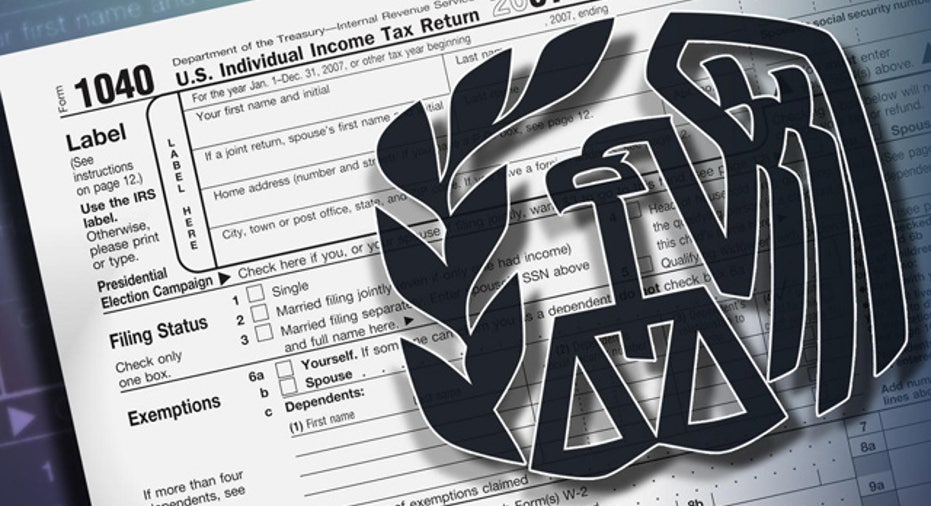Filing Status Makes a Difference in Tax Bill

What's your filing status? It may sound like a simple question, but the correct answer could make a difference in your tax bill.
Bankrate's Tax Guide* Tax brackets* Tax forms* Tax deductions* Tax credits* Tax exemptions* State taxes* Tax laws & the IRS« All guide content
What you ultimately have to pay the Internal Revenue Service rests in large part on your filing status. There are five official choices, and the one you pick also determines whether you can take certain tax deductions or exemptions that could lower your final tax bill.In some cases, your status can even be the deciding factor in whether you have to file at all. So picking the right one when you file is crucial.
1. Single: This applies to never-married, unmarried and divorced taxpayers. You are considered single for the whole year if you were legally single on the last day of the year.
2. Married filing jointly: In this case, as with the single status, you are considered married for the whole tax year as long as you were married on the last day of the tax year. And regardless of what your state says about marriage for same-sex couples, federal law -- and therefore the IRS for tax purposes -- considers only a legal union between a man and woman as a marriage.When you file jointly, husband and wife report all their income on one Form 1040. Both filers may be held responsible for any tax (or subsequent penalty and interest) due. This is the case even if only one spouse earned all the income. On the plus side, the married-filing-jointly option does offer some tax credits that are not available under other filing statuses.
3. Married filing separately: Here couples segregate their income, deductions and exemptions and file two individual returns. This might be advisable in cases where, for example, one spouse had large medical expenses. Because these costs must exceed a percentage of the filer's income before they are deductible, using only the eligible spouse's earnings by filing separately might make that deduction threshold more attainable.
In most cases, however, couples find they will generally pay more combined tax on separate returns than they would on a joint return. In some cases, at least one spouse's tax rate ends up higher than it would have been under a joint filing. Also, when a husband and wife file separate returns, they lose some tax credits and deductions they could have taken if they'd filed jointly.Unless you are required to file separately, you should figure your tax on a joint return and on separate returns. This way you can make sure you are using the method that results in the lowest combined tax.



















